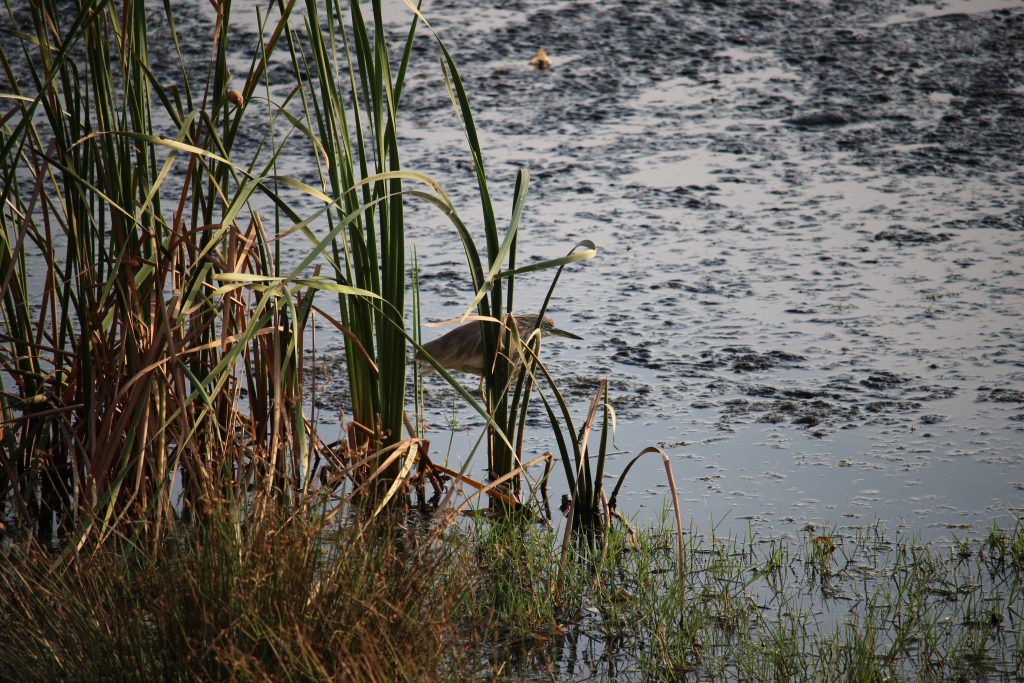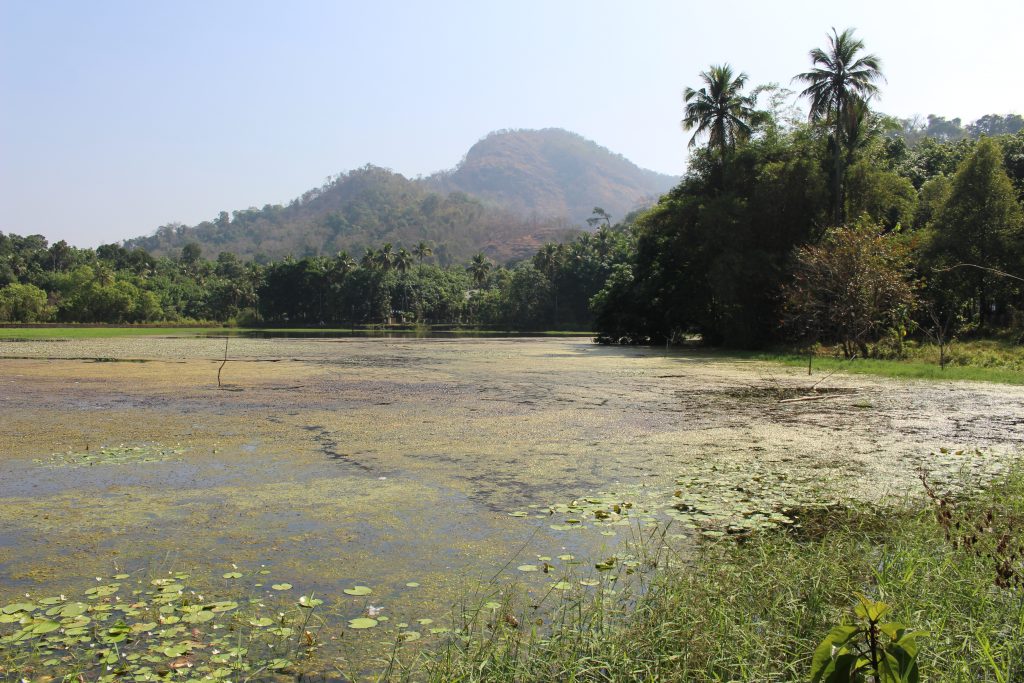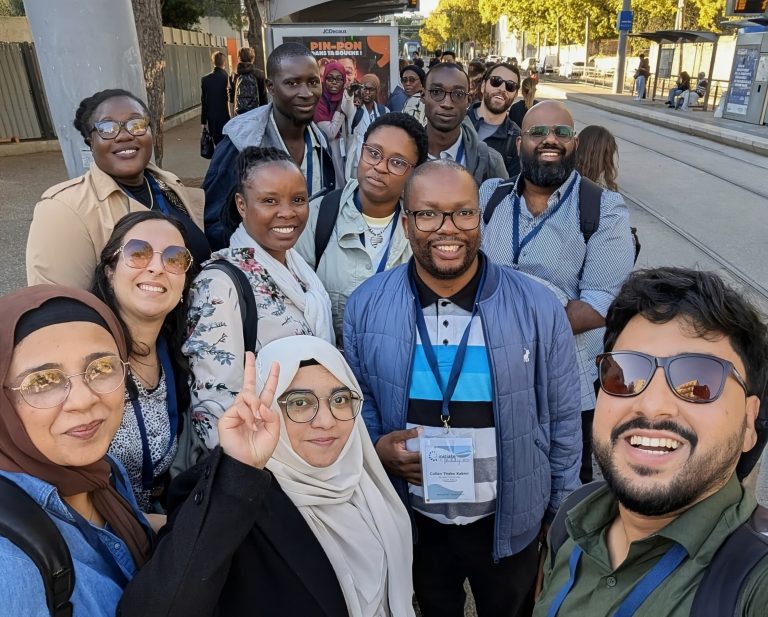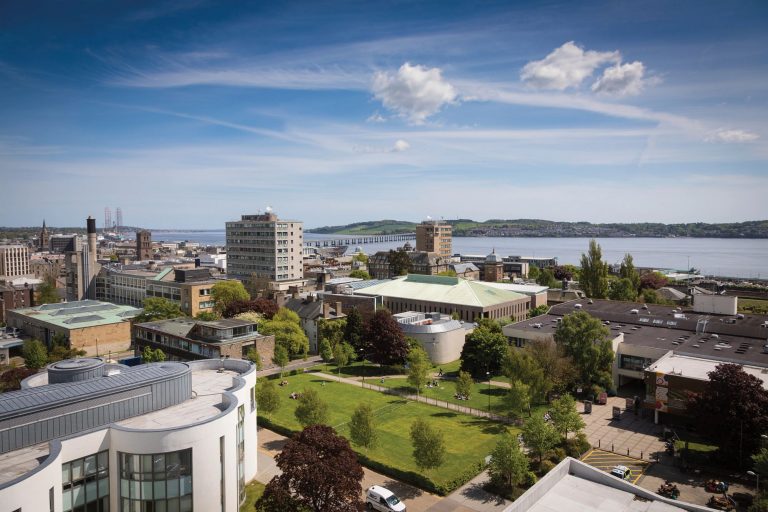Post written by Professor Chris Spray
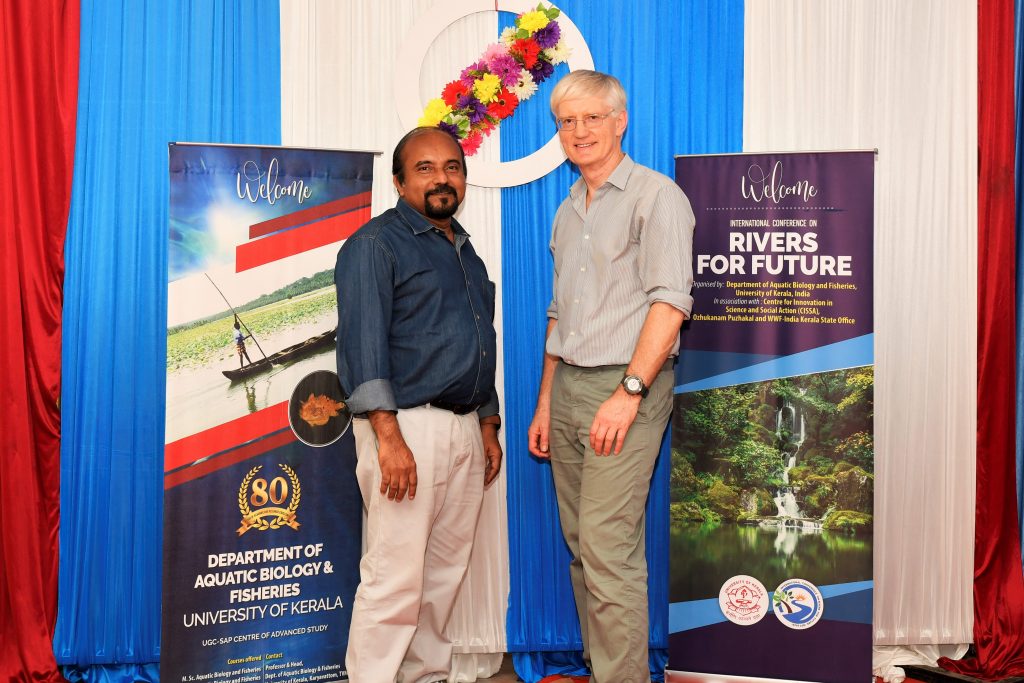
One might wonder what the similarities are between Kerala and the Scottish Borders, and so quite why in February I found myself addressing an International Conference on Rivers for the Future in the southern Indian city of Thiruvananthapuram. This is not an area of India that we in the UNESCO Centre have worked in previously; our focus having been further north on the Ramganga, the Mahanadi and the Ganges/Brahmaputra, though our late colleague, Mike Bonnell’s work on forest hydrology in the Western Gatts (the hills from which 41 of 44 of Kerala’s rivers flow) was just across the state border in Tamil Nadu. The connection is a shared interest in river restoration and stakeholder engagement; our own work being centered on the Tweed (a UNESCO HELP Basin) in cooperation with the participative catchment NGO Tweed Forum https://tweedforum.org/
The 3-day conference was organised by my hosts the University of Kerala – in association with the Centre for Innovation in Science and Social Action; the environmental campaigning organisation Ozhukanam Puzhakal; and WWF-India’s Kerala office. I was invited there by the Dean of the Aquatic Biology & Fisheries Department, Professor Biju Kumar as part of the University’s ‘Interaction with Eminent Scholars Scheme’ that enables them to bring folk across to interact with their academic and wider communities. As a result, I not only gave the Keynote presentation on River Restoration at the main conference, but also did another presentation in the conference as part of a wider workshop with external organisations on Stakeholder engagement; and a third to postgraduates and staff of the Environmental Sciences Department on the Role of an Environmental Protection Agency. I also spent time with staff and students in these two Departments and the Geology department, as well as meeting with the University Vice-Chancellor, Professor V.P. Mahadevan Pillai.
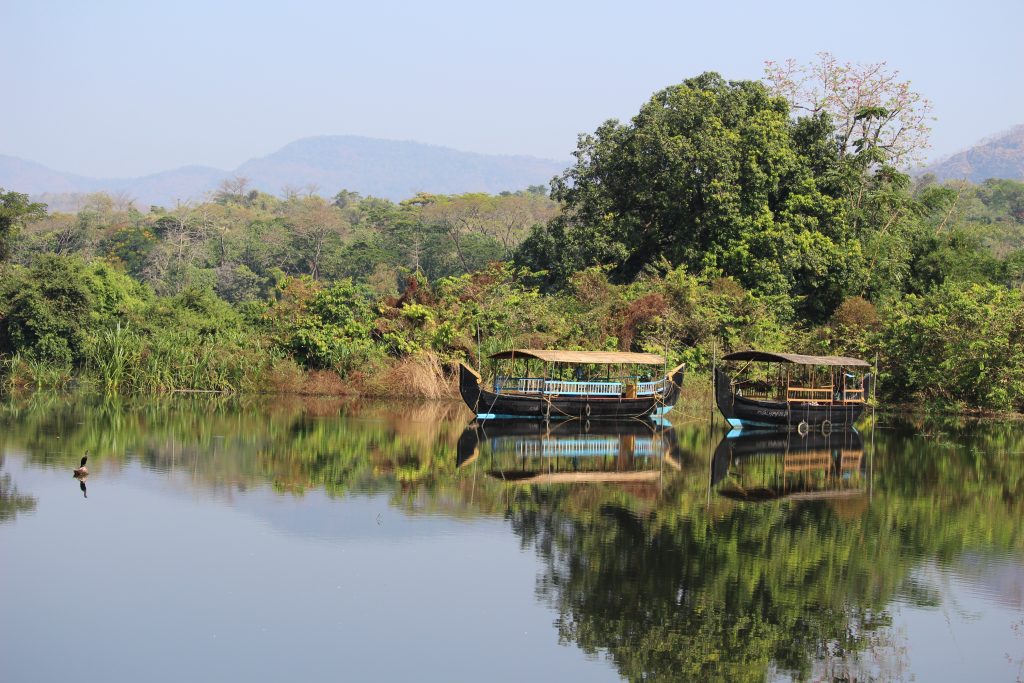
Compared to my (limited) experiences of working elsewhere in India, the three university departments at Kerala, along with the relevant State government research institutes and WWF-India have a (relative) wealth of data and information on their river systems and are keen and willing to share this and work with others on river restoration. Whilst their upper catchments have been heavily impacted by forest clearance and other land use changes, and their channels constrained by dams, irrigation and bankside developments, Kerala’s rivers themselves are less daunting than say the Ramganga in scale, more closed in size to the Tweed, but the challenges across Indian rivers are similar – water quality, dams, sand-mining, over abstraction, pollution, climate change, etc. – and both the bio-physical and socio-economic/cultural issues are familiar. Similarities with the Tweed revolve around the need for an overarching policy framework to address river restoration that links the degraded state of river ecosystems with the socio-economic livelihoods of the river communities that depend on it. In this respect, I was able to explore similarities in the potential for placing this debate within the frame of ecosystem services and work the UNESCO Centre have done with Tweed Forum on the Scottish Land Use Strategy (https://tweedforum.org/our-work/projects/land-use-strategy-pilot-scottish-borders/ and on restoring the Eddleston Water catchment (https://tweedforum.org/our-work/projects/the-eddleston-water-project/ ). The key similarity that links Tweed and Kerala is probably the challenge of trying to align national policy directions on the one hand with, on the other hand local community needs and desires – and then developing the governance structures and resources to support implementation.
Of course, there are also major physical and cultural differences between Kerala and Tweed, notably the temperature (both 32 degrees in February, but C in Kerala and F in Tweed!) and the food – Kerala’s fish curries were awesome!
